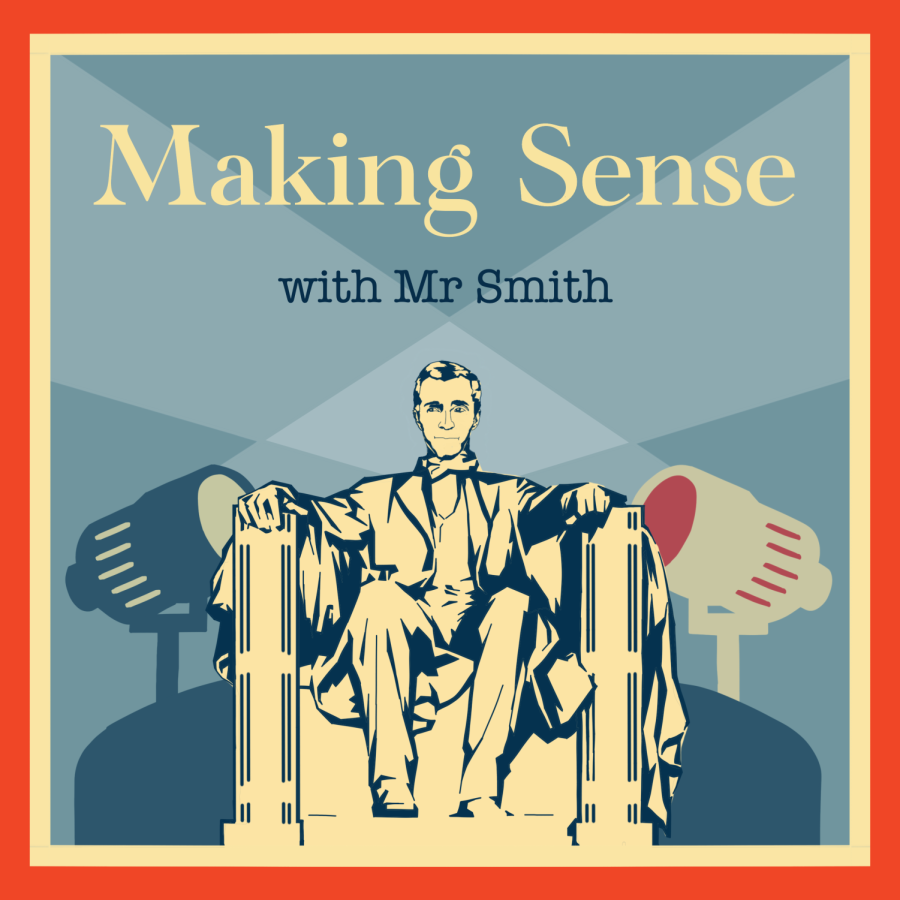While all the cooking, cleaning, and hosting of Thanksgiving come to an end, the hustle and bustle of Christmas time is right around the corner. Consequently, everyone’s thoughts become consumed by finals, visiting family, or planning gifts for loved ones and the core values of holidays like Thanksgiving can get lost through all the stress that this time of year brings.
Although going around the table at Thanksgiving listing off reasons to be grateful can seem cheesy, acknowledging and expressing gratitude can be beneficial for one’s mental and even physical health. For instance, a review of seventy studies with over twenty six thousand participants from Clinical Medicine show a connection between higher levels of gratitude and lower levels of depression. Additionally, the advantages of practicing gratitude aren’t only advantageous for mental health, they also benefit one’s physical health. UCLA Health explains how this gratitude can support heart health as well. These benefits occur because taking a moment to acknowledge and be grateful for an event slows down breathing and helps align it with the heart beat, which in return causes a drop in diastolic blood pressure.
 So while listing off reasons of gratitude during Thanksgiving dinner might not be everyone’s cup of tea, there are many more ways to practice gratitude and build it into routine. Additionally, these methods of practicing gratitude can be applied to the past, present, and future. Through separating gratitude by time, people can acknowledge good fortune from past experiences, events as they happen in the present, and can continue to stay optimistic about the future. Applying gratitude to these situations can be accomplished in many different ways, but it is necessary to condense these practices based on what works best for each person. One way to implement gratitude is by journaling. For example, a study from a university separated a group of three hundred adults into two groups, where the first group wrote letters of gratitude to themselves each week for three weeks and the other group didn’t. Twelve weeks after this study the group who wrote letters of gratitude reported significantly better mental health. So even something as simple as taking the time out of the week to write a letter of gratitude can improve mental health for many weeks after.
So while listing off reasons of gratitude during Thanksgiving dinner might not be everyone’s cup of tea, there are many more ways to practice gratitude and build it into routine. Additionally, these methods of practicing gratitude can be applied to the past, present, and future. Through separating gratitude by time, people can acknowledge good fortune from past experiences, events as they happen in the present, and can continue to stay optimistic about the future. Applying gratitude to these situations can be accomplished in many different ways, but it is necessary to condense these practices based on what works best for each person. One way to implement gratitude is by journaling. For example, a study from a university separated a group of three hundred adults into two groups, where the first group wrote letters of gratitude to themselves each week for three weeks and the other group didn’t. Twelve weeks after this study the group who wrote letters of gratitude reported significantly better mental health. So even something as simple as taking the time out of the week to write a letter of gratitude can improve mental health for many weeks after.
So in the long run, by taking the time to practice gratitude today, one can make their lives easier and considerably improve not only their mental health, but their physical health as well. Now, as the fall semester finds itself at a close it is important to not let the stress this time of year brings prevent people from enjoying the beauty of the present and the peaks of this holiday season.






















